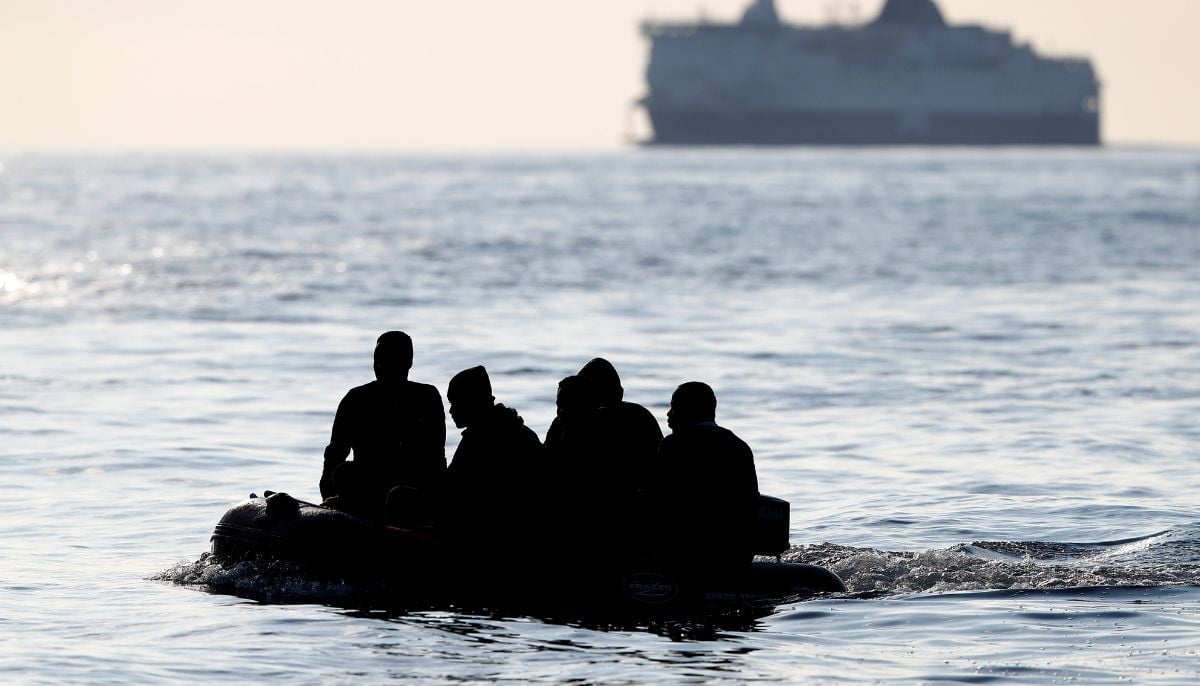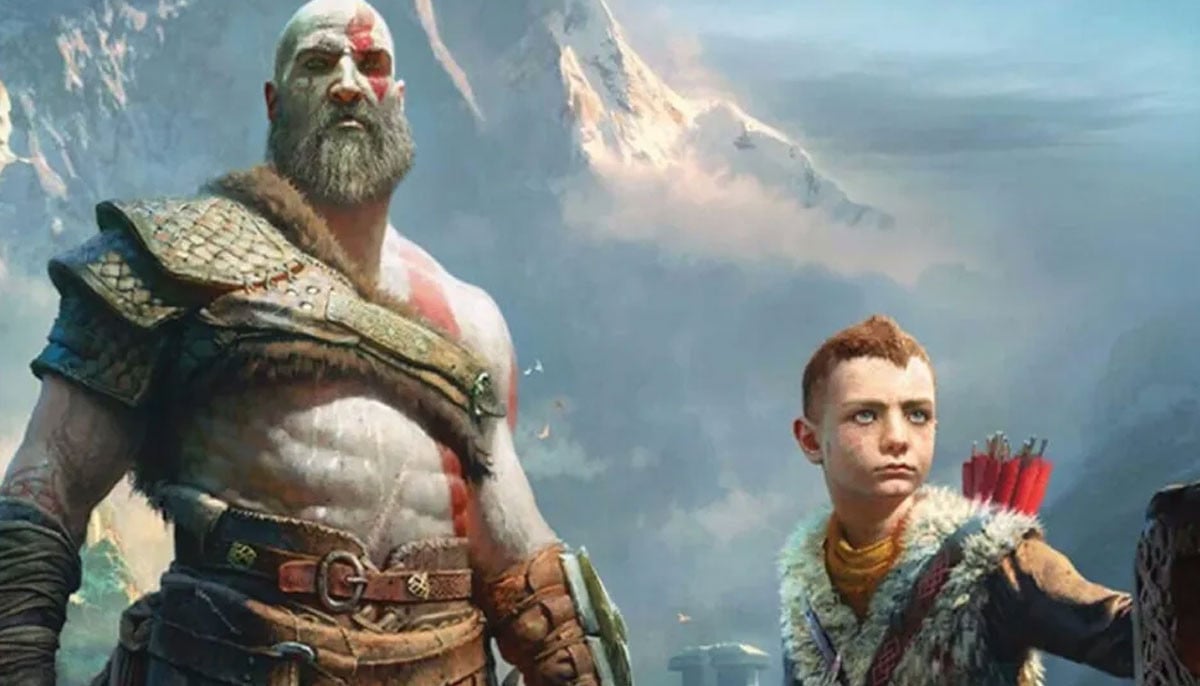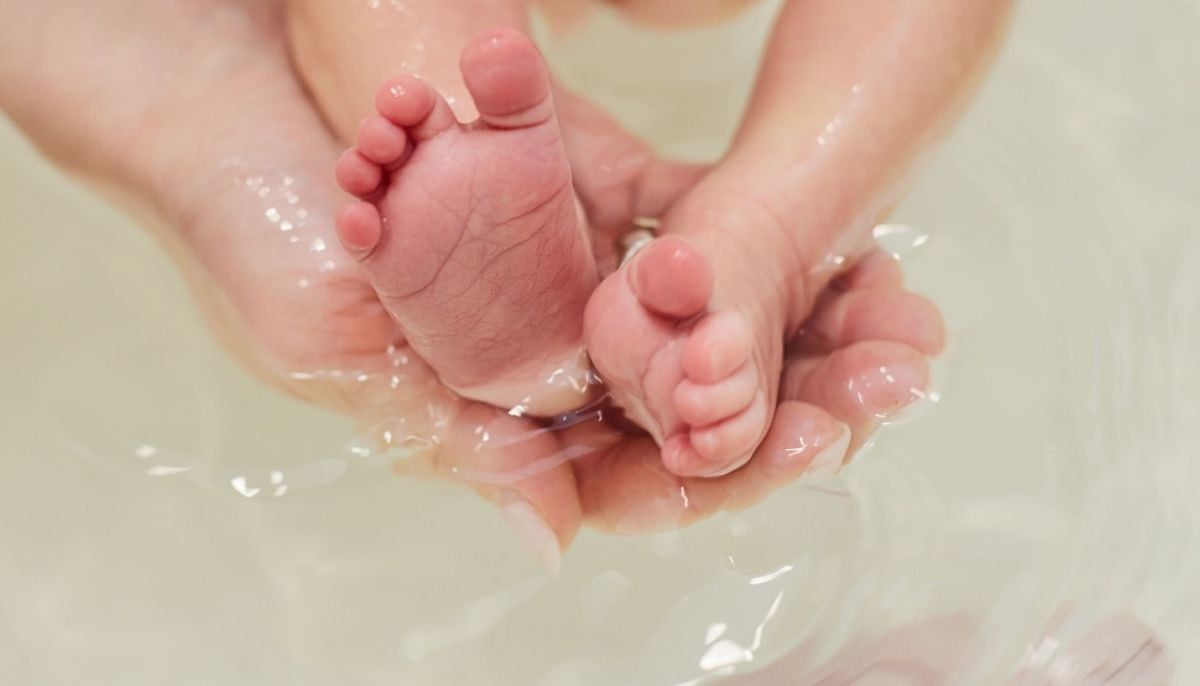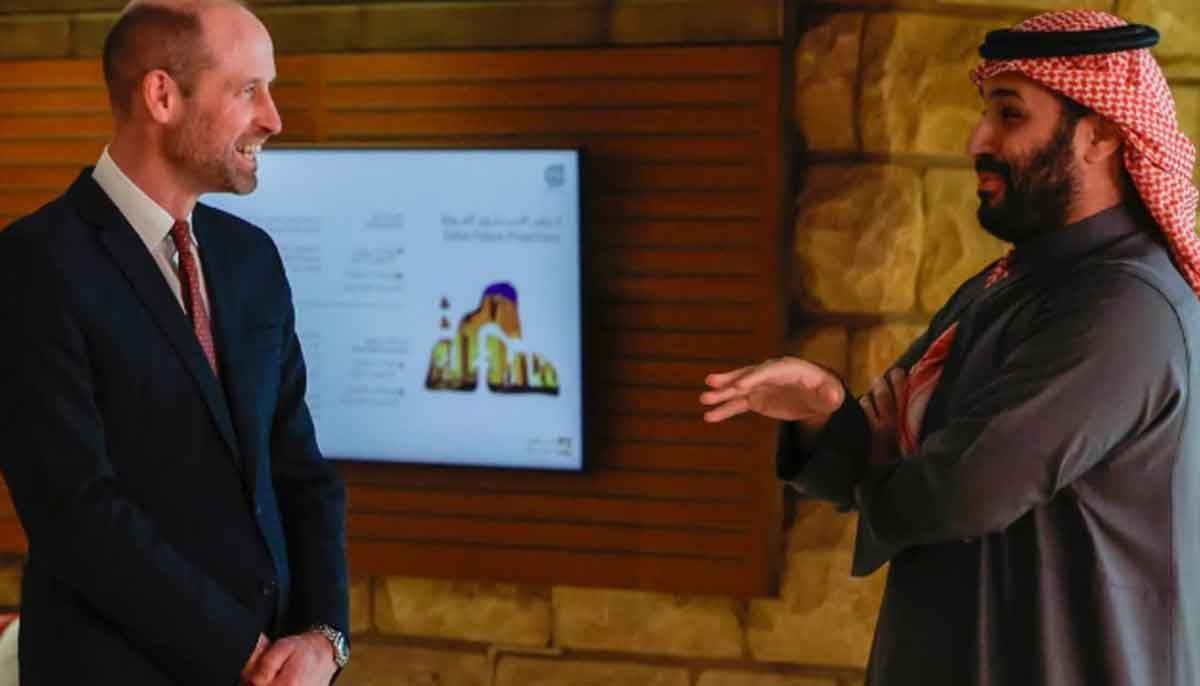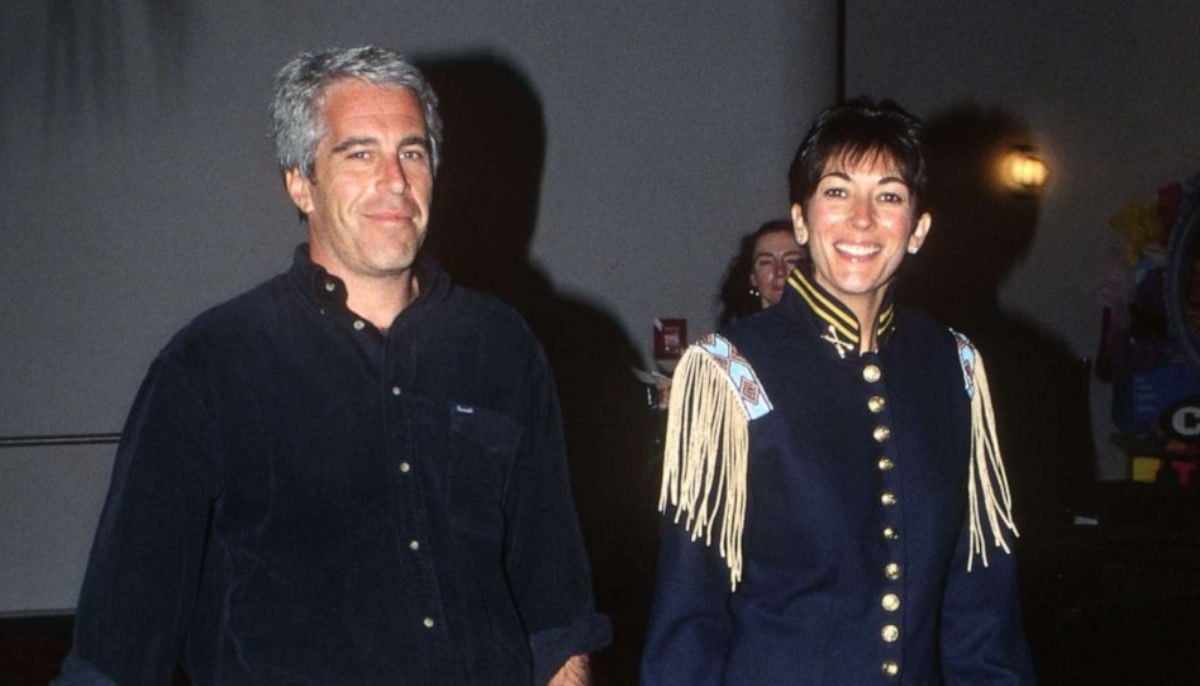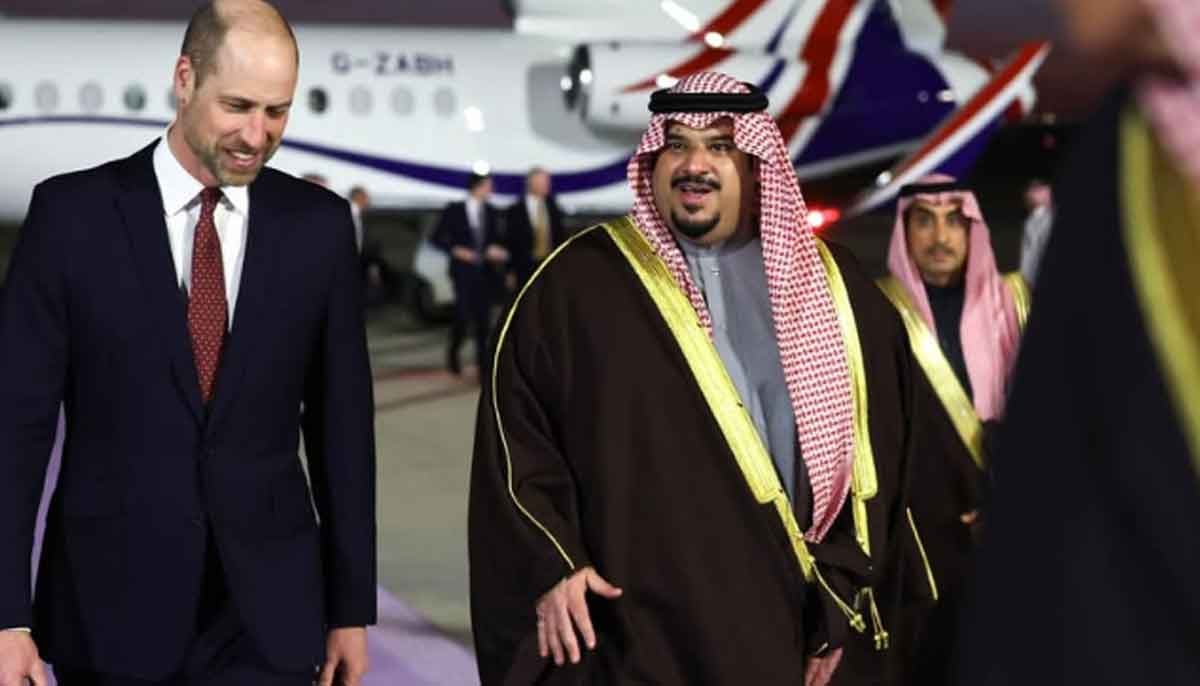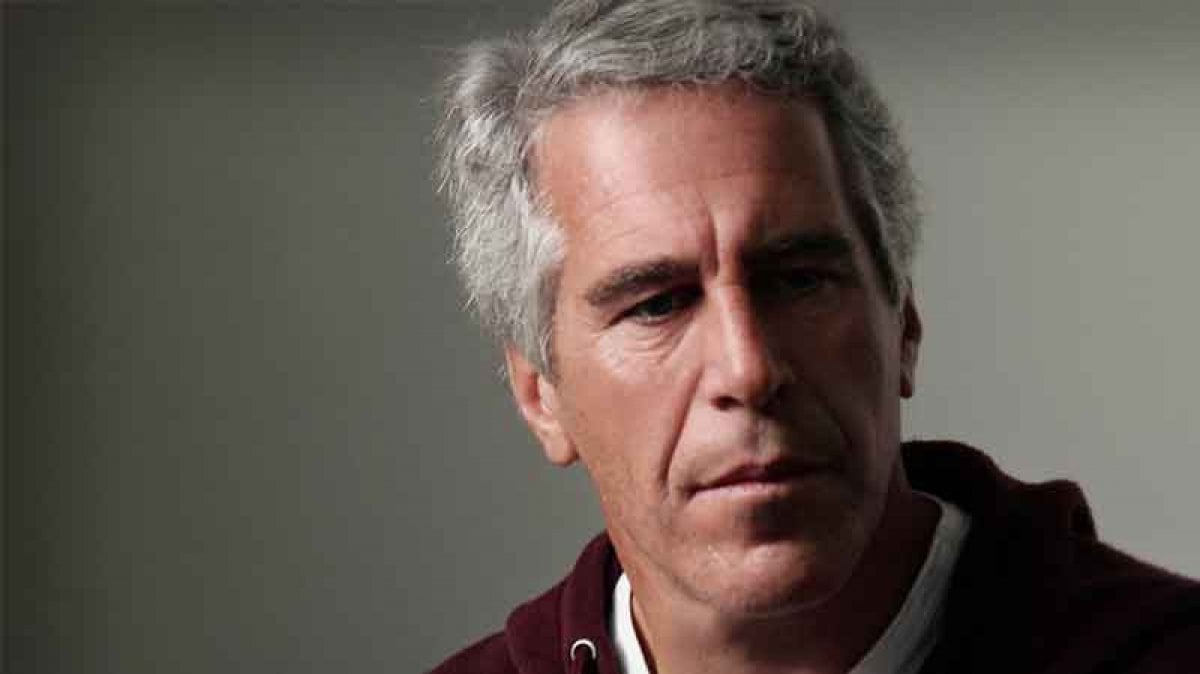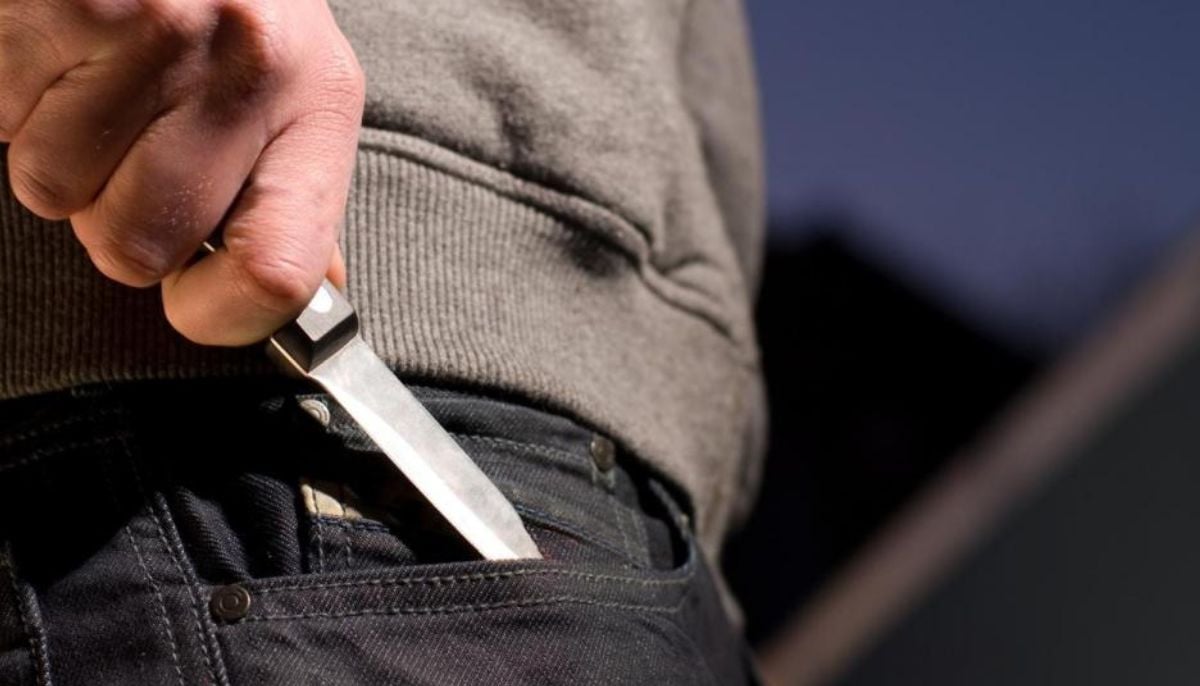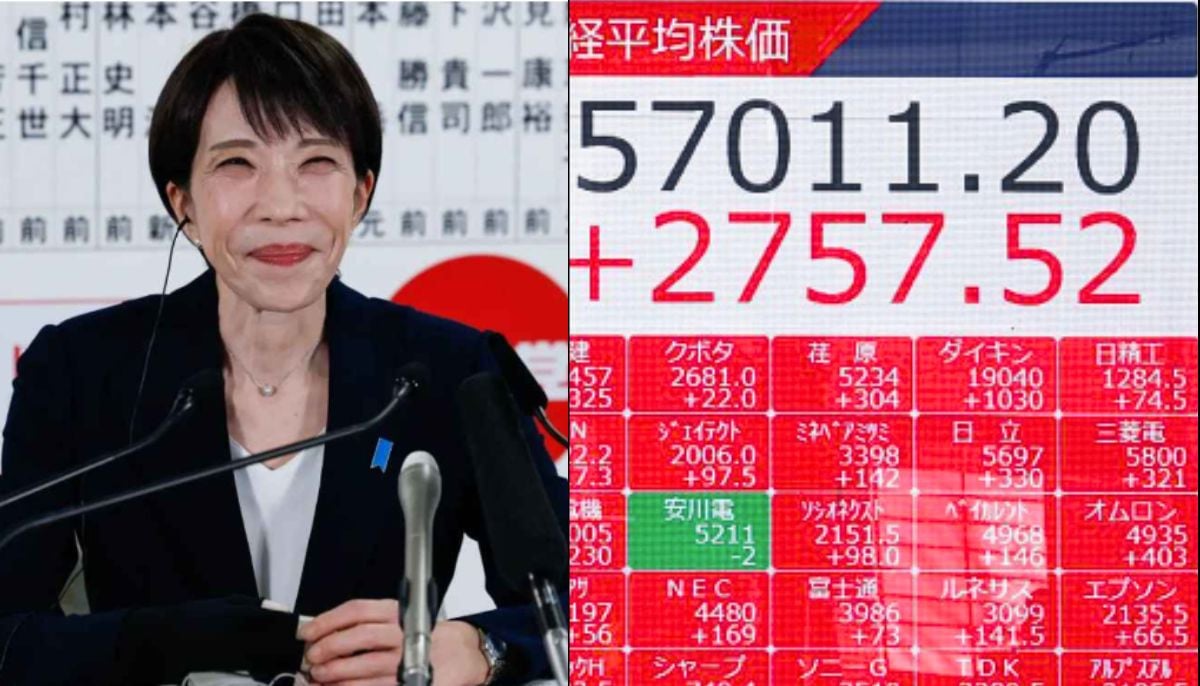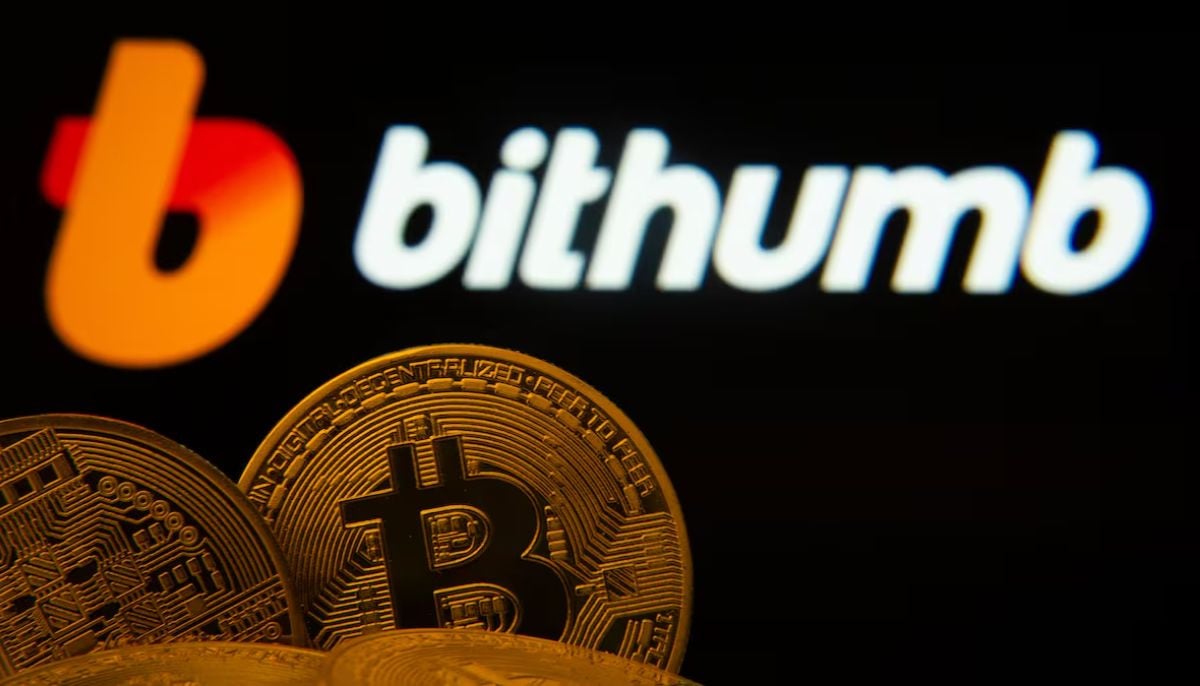Two killed as Bangladesh votes after violent campaign
Hasina, the daughter of Bangladesh’s first president Sheikh Mujibur Rahman, was gifted victory in the 2014 election when the BNP boycotted the vote claiming it wasn’t free or fair.
DHAKA: Two people were killed in election-related violence in Bangladesh Sunday as voting began following a campaign marred by deadly clashes and a crackdown on the opposition by Prime Minister Sheikh Hasina’s government.
One man died when police opened fire on opposition supporters who authorities said had attacked a polling station, while an activist for the ruling Awami League party was beaten to death in a separate incident.
Voters began casting ballots at 8:00 am (0200 GMT) under tight security in a parliamentary election that is expected to deliver a historic but tainted fourth victory for Hasina.
Bangladesh’s leader has been lauded for boosting economic growth in the poor Asian nation during an unbroken decade in power and for welcoming Rohingya refugees fleeing a military crackdown in neighbouring Myanmar.
But critics accuse her of growing authoritarianism and crippling the opposition -- including arch-rival Khaleda Zia who is serving 17 years in prison on graft charges she says are politically motivated -- in a bid to cling on to power.
The weeks-long election campaign was marred by violence between supporters of her ruling Awami League party and activists from the main opposition Bangladesh Nationalist Party (BNP), led by Zia.
Some 600,000 security personnel were deployed across the South Asian country, including at 40,000 polling stations, in a bid to prevent further skirmishes.
Authorities have also ordered the country’s mobile operators to shut down 3G and 4G services until midnight on Sunday "to prevent the spread of rumours" that could trigger unrest.
The election-day deaths bring to six the number of people confirmed by police to have been killed since the ballot was announced on November 8, marking the country’s 11th parliamentary election since independence in 1971.
Police said they acted "in self-defence" in the southern town of Bashkhali, where they opened fire on opposition supporters.
The Awami League activist died after he was beaten on the head by opposition supporters during a clash in the southeastern hill district of Rangamati, said local police chief Najibul Islam.
- Free and fair? -
Opinion polls following the crackdown show Hasina, who has presided over six percent GDP expansion every year since she won a landslide in 2008, heading for a comfortable victory that would extend her reign as the country’s longest-serving leader.
She needs 151 seats in the first-past-the-post system to win in the 300-seat parliament but experts say any victory would be sullied by accusations that she hamstrung her opponents’ campaign and scared people into voting for her.
The opposition says more than 15,000 of its activists have been detained during the weeks-long campaign, crushing its ability to mobilise its grassroots support.
Human Rights Watch and other international groups have decried the crackdown, saying it has created a climate of fear which could prevent supporters of opposition parties from casting their ballots.
The United States has also raised concerns about the credibility of the Muslim-majority country’s election while the United Nations has called for greater efforts to make the vote fair.
Seventeen opposition candidates were arrested over what they claim are trumped-up charges while another 17 were disqualified from running by courts which Hasina’s opponents say she controls.
"This is not (a) free and fair election. It is more a controlled selection," said a Western diplomat who asked not to be named.
- Student protests -
The Bangladeshi leadership has alternated between Hasina and Zia, former allies-turned-foes, over the last three decades and the pair are nicknamed the "Battling Begums".
Hasina rejects accusations of creeping authoritarianism but analysts say she mounted the clampdown over fears that young voters were set to hand a victory to the BNP.
Her government was criticised earlier this year for its heavy handling of weeks of massive student protests over the abolition of job quotas and poor safety standards on Bangladesh’s dangerous roads.
Hasina, the daughter of Bangladesh’s first president Sheikh Mujibur Rahman, was gifted victory in the 2014 election when the BNP boycotted the vote claiming it wasn’t free or fair.
Since then, rights groups have accused her administration of stifling freedom of speech through the toughening of a draconian anti-press law and the enforced disappearance of government dissenters.
Polls close on Sunday at 4:00 pm (1000 GMT).
-
Ghislaine Maxwell will not answer Congress questions on Epstein
-
Kensington Palace announces Prince William's arrival in Saudi Arabia
-
Super Bowl 2026: Why didn't Epstein survivors ad air on TV?
-
Girl and grandfather attacked in knife assault outside Los Angeles home
-
Super Bowl halftime show 2026: What did Trump say about Bad Bunny?
-
Former NYPD detective says Nancy Guthrie's disappearance 'could be hoax'
-
Japan Elections: Stock surges record high as PM Sanae Takaichi secures historic victory
-
$44B sent by mistake: South Korea demands tougher crypto regulations
